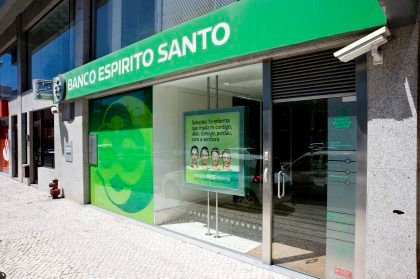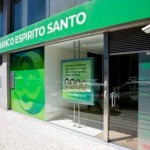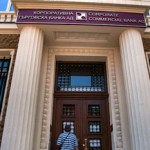Portugal will finance $6.6 billion to rescue Banco Espirito Santo

It was a few months ago that Lisbon has exited an international bailout and now Portugal is planning to spend 4.9 billion euros in order to rescue Banco Espirito Santo its largest listed bank. The situation is definitely putting into test the euro zone’s resilience to another banking crisis.
Following a series of discussions during the weekend, the rescue of Banco Espirito Santo, was finally announced by the Portuguese and European Union officials, after weeks of increasingly bad news about the financial state of the lender, particularly its exposure to a cascade of companies headed by its founding Espirito Santo family.
Under the plan, Banco Espirito Santo, or BES, will be split into a “good bank”, renamed Novo Banco, and a “bad bank”, which will house BES’s exposures to the troubled Espirito Santo business empire, which last week tipped the bank in to a record 3.6 billion euros loss.
The bad bank’s losses will be born by the bank’s junior bondholders and shareholders, including the Espirito Santo family, which has a 20 percent stake, and French bank Credit Agricole (CAGR.PA) which owns 14.6 percent.
Novo Banco, or New Bank – will be recapitalized to the tune of 4.9 billion euros by a special bank resolution fund created in 2012. The Portuguese state will lend the fund 4.4 billion euros. All of BES’s depositors will be protected as well as all of the bank’s senior bondholders.
Portugal’s central bank, which only days ago said that BES could be recapitalized by private investors, said the plan would involve no cost to the public purse because the loan would be temporary.
The Bank of Portugal expects the state to be reimbursed when Novo Banco is eventually sold to private investors.
“The plan carries no risk to public finances or taxpayers,” Carlos Costa, the central bank governor, told reporters in a late night news conference in Lisbon.
HIDDEN PROBLEMS
The bailout is a setback for Portugal just months after the country emerged from a 78 billion euros, three-year bailout financed by the European Union (EU) and the International Monetary Fund (IMF).
Portuguese bond yields rose to 3.78 percent on Friday on expectations Lisbon would have to rescue BES. However they were still far below rates of more than 15 percent seen in 2012, when there were serious doubts whether the eurozone would be able to survive a brewing debt crisis.
The rescue, which comes a year after Greece spent 28 billion euros to rescue four of its banks, suggests that despite years of efforts to improve the euro zone’s financial and economic management, hidden problems still may lurk in the region’s banking systems.
The Portuguese government loan will use up a large chunk of the 6.4 billion euros left over from a fund earmarked to aid the country’s banks as part of its EU/IMF bailout.
In a statement, the European Commission said the resolution plan complied with its rules on state aid.
BES’s shares lost 75 percent of their value last week alone, drying up market appetite in the bank and therefore making state aid inevitable.
The spin-off of the healthy parts of BES, a household name in much of Portugal, is an attempt by authorities to shield the bank from the escalating troubles of its founding family.
Much of the Espirito Santo group, whose activities include tourism, health and agriculture, have sought bankruptcy protection in past weeks in a remarkable fall from grace of one of Europe’s most prominent business clans.
By using the bank resolution fund, Portuguese authorities hope to limit the political fallout of using taxpayer money to prop up a bank that until recently was majority owned by the Espirito Santos just as Portugal is emerging from a deep economic downturn.
Source: Reuters





























